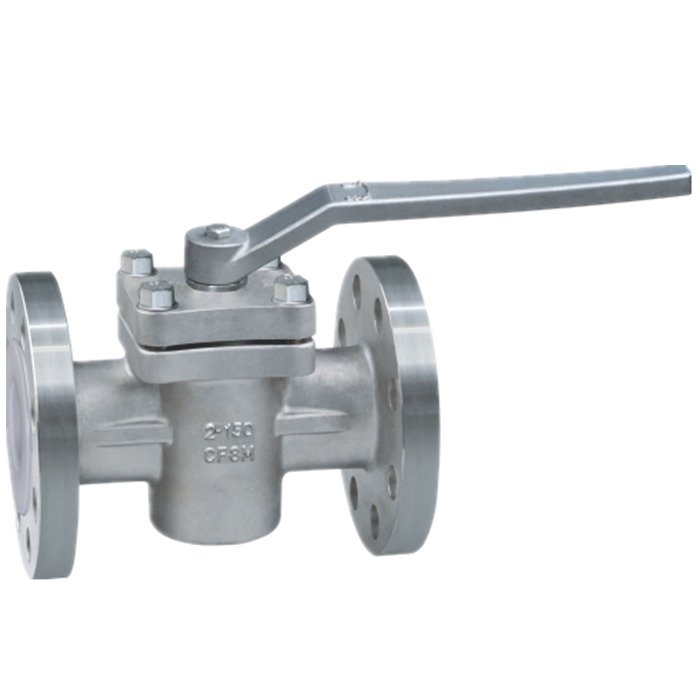Stainless steel flange plug valve is a common fluid control device in the industrial field, widely used for its excellent corrosion resistance, reliable sealing performance, and flexible operating performance. The following will provide a detailed product introduction of stainless steel flange plug valves.

1. Product Overview: Stainless steel flange plug valve is a valve that controls the flow of fluid medium through rotary operation. Its main components are made of high-quality stainless steel material, which has excellent corrosion resistance and is suitable for controlling and transporting various chemical media. Stainless steel flange plug valves use flange connection for easy installation and maintenance, and are widely used in chemical, petroleum, food processing, pharmaceutical and other fields.
2. Product features:
Corrosion resistance: Stainless steel material has excellent corrosion resistance and can operate stably for a long time in various corrosive media, reducing equipment wear and maintenance costs. Sealing performance: The stainless steel flange plug valve adopts a reliable sealing structure, which can effectively prevent fluid leakage and ensure the accuracy and stability of fluid control. Flexible operation: The operation of the plug valve is achieved by rotating the valve core, which is flexible and convenient. The opening degree of the valve can be precisely adjusted to meet the flow and pressure requirements under different working conditions. Fluid characteristics: Due to the design of the valve core, stainless steel flange plug valves typically have lower fluid flow resistance, which can maintain lower energy consumption and more stable flow performance of the fluid. High temperature and high pressure resistance: Stainless steel materials usually have good high temperature and high pressure resistance performance, suitable for use in some extreme working conditions. Widely used: This type of plug valve is suitable for various media such as water, gas, oil, chemicals, etc., and is widely used for fluid control tasks in different fields.
3. Product structure: Stainless steel flange plug valves typically include the following main components:
Valve body: Made of stainless steel material, it has sufficient strength and corrosion resistance to withstand fluid pressure and medium corrosion. Valve core: also known as rotary valve disc, controls the flow of fluid through rotation. The design of the valve core will affect the flow characteristics of the fluid. Sealing structure: used to ensure good sealing of the valve in the closed state, preventing fluid leakage. Flange connection: Valve bodies usually have flange connections for easy connection with pipelines or equipment, ensuring safe and reliable fluid transmission. Operating device: It can be a manually operated handle or an electric or pneumatic actuator used to control the rotation of the valve core.
4. Application areas: Stainless steel flange plug valves are widely used in multiple fields, including but not limited to:
Chemical industry: used to control the circulation of various chemical media, such as acids, bases, solvents, etc. Petroleum and natural gas industry: used for fluid control in pipeline systems, including crude oil, refined oil products, etc. Food and beverage industry: used for fluid control in food processing to ensure product quality and hygiene standards. Pharmaceutical industry: used for precise fluid control in drug production processes to meet strict production requirements. Wastewater treatment: used to control the circulation and treatment process of wastewater, protect the environment and public health.
Summary: Stainless steel flange plug valves, as a fluid control device, play an important role in the industrial field due to their corrosion resistance, sealing performance, operational flexibility, and wide applicability. Its application in different industrial fields provides reliable solutions for fluid control and process optimization, promoting the development and progress of industrial production.